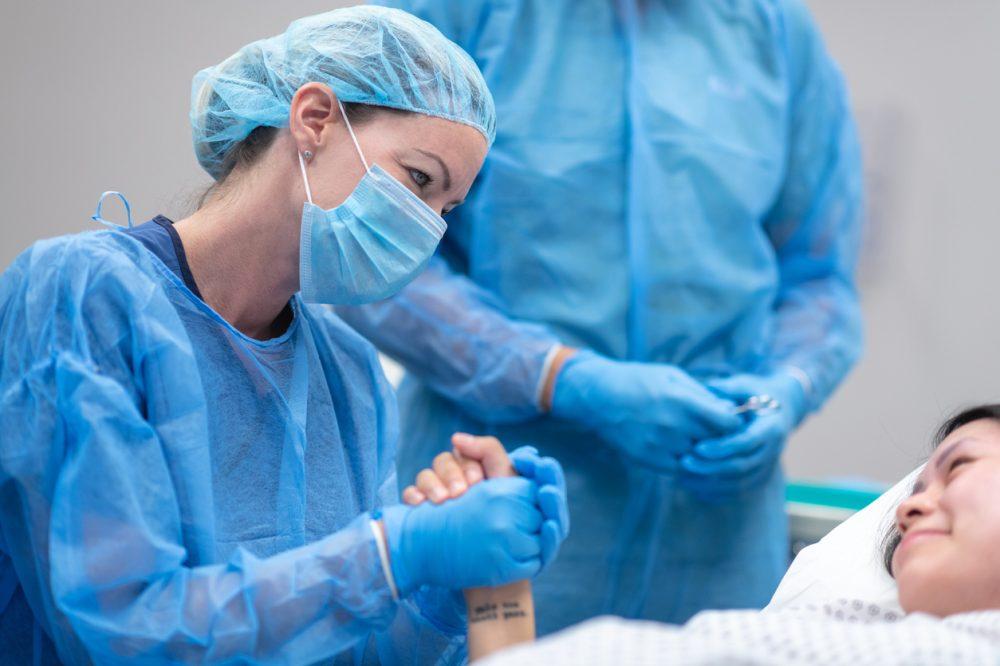Shaping new remote monitoring health technology
The COVID-19 pandemic accelerated a movement towards healthtech devices, to reduce reliance on in-person healthcare visits and give patients more autonomy over their conditions. With a clear opportunity to improve the lives of people with chronic kidney disease specifically, the Thiscovery team worked with the What Works Centre for Wellbeing to understand what matters to patients and staff when using a device for the remote monitoring of kidney function in order to most effectively meet their needs.














